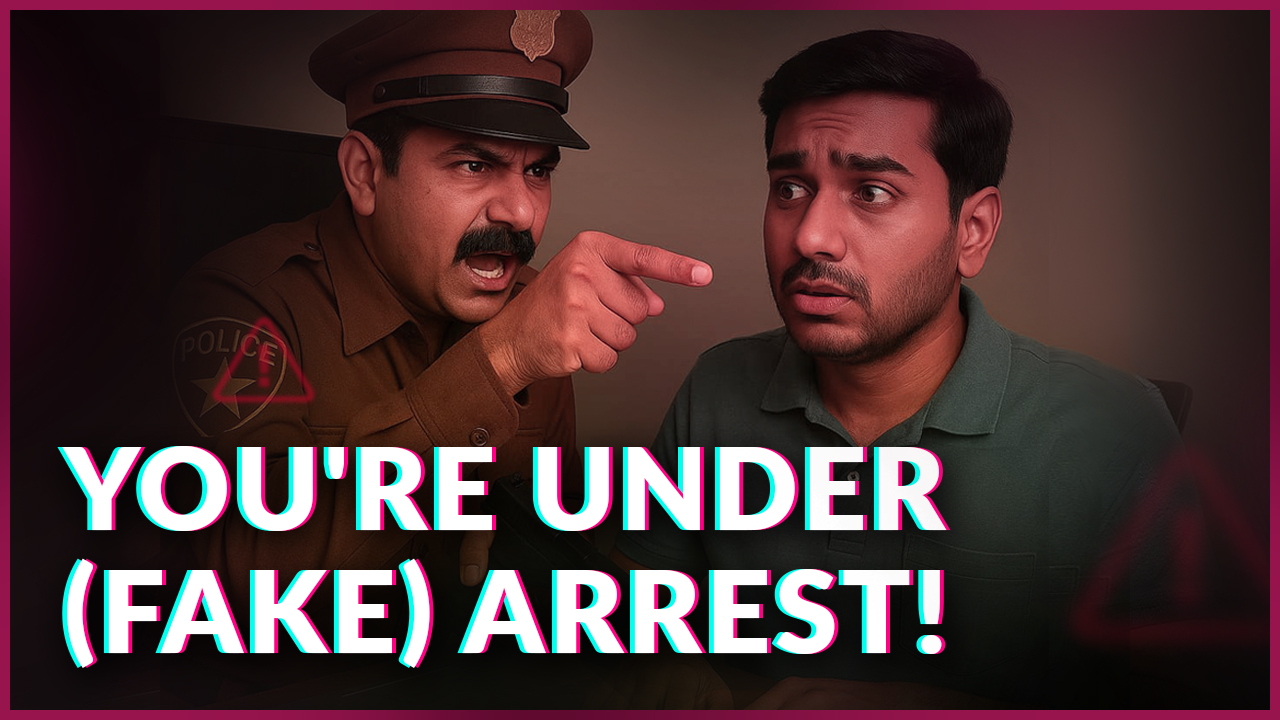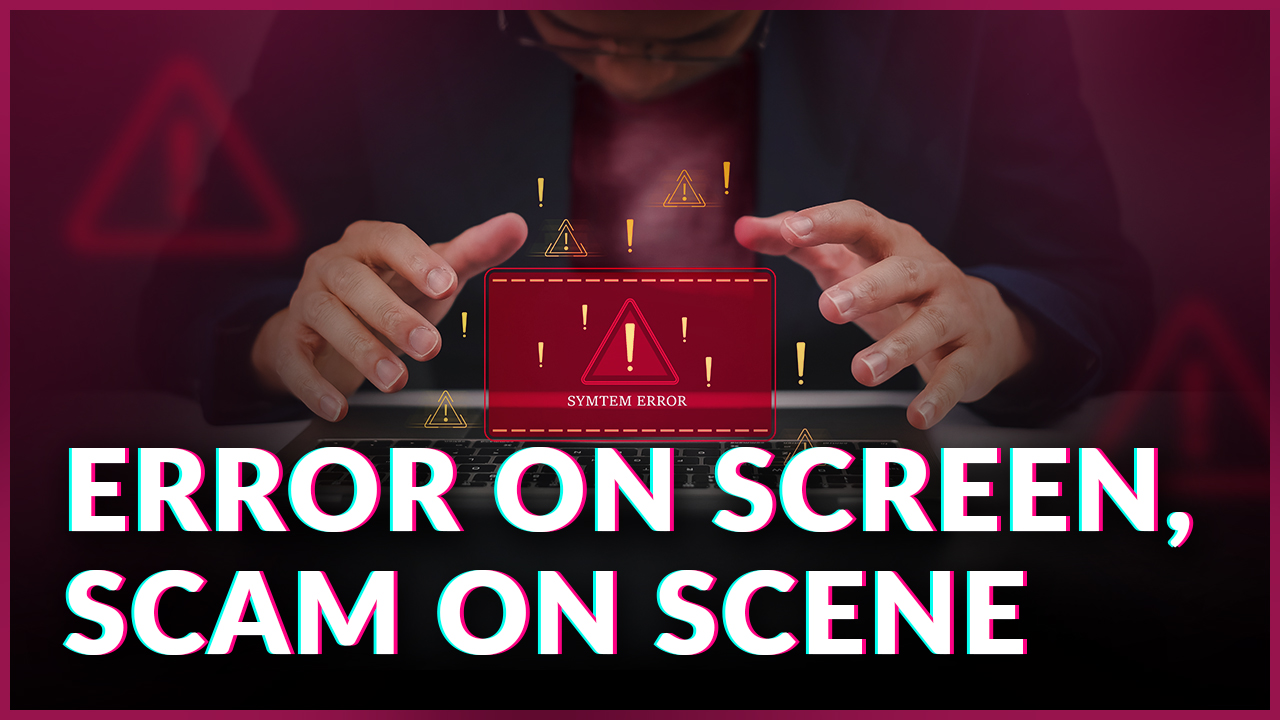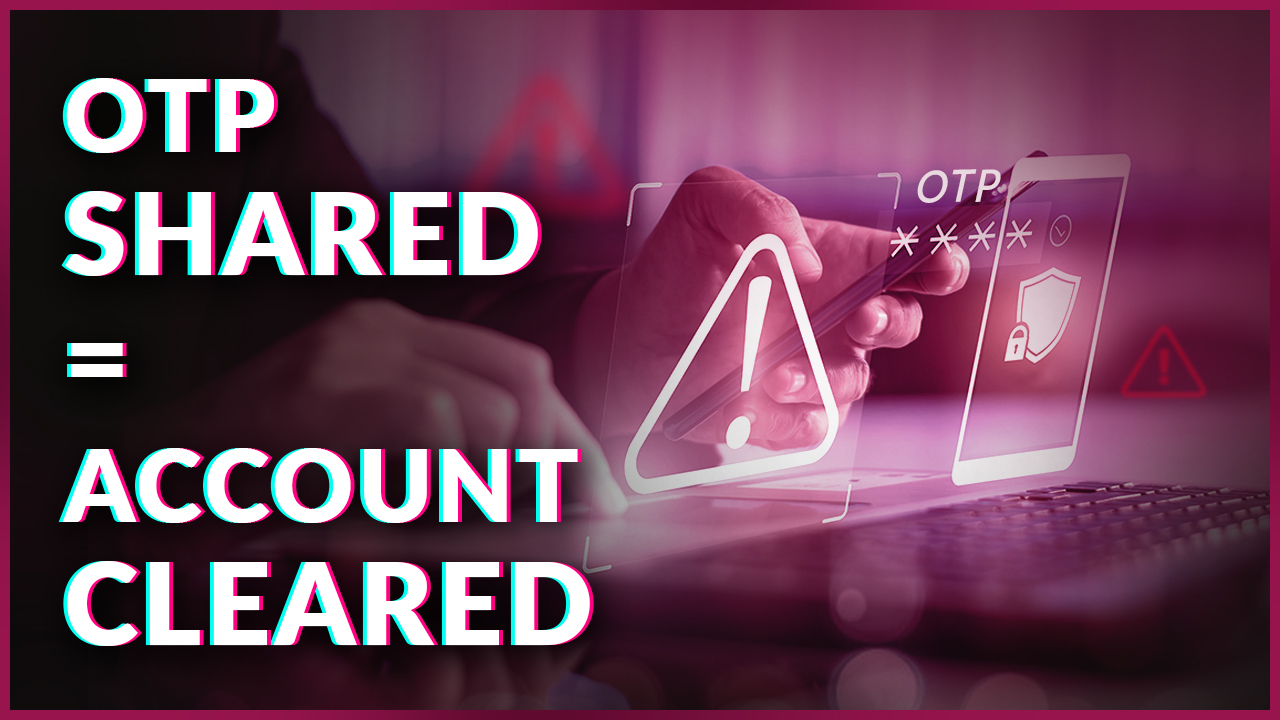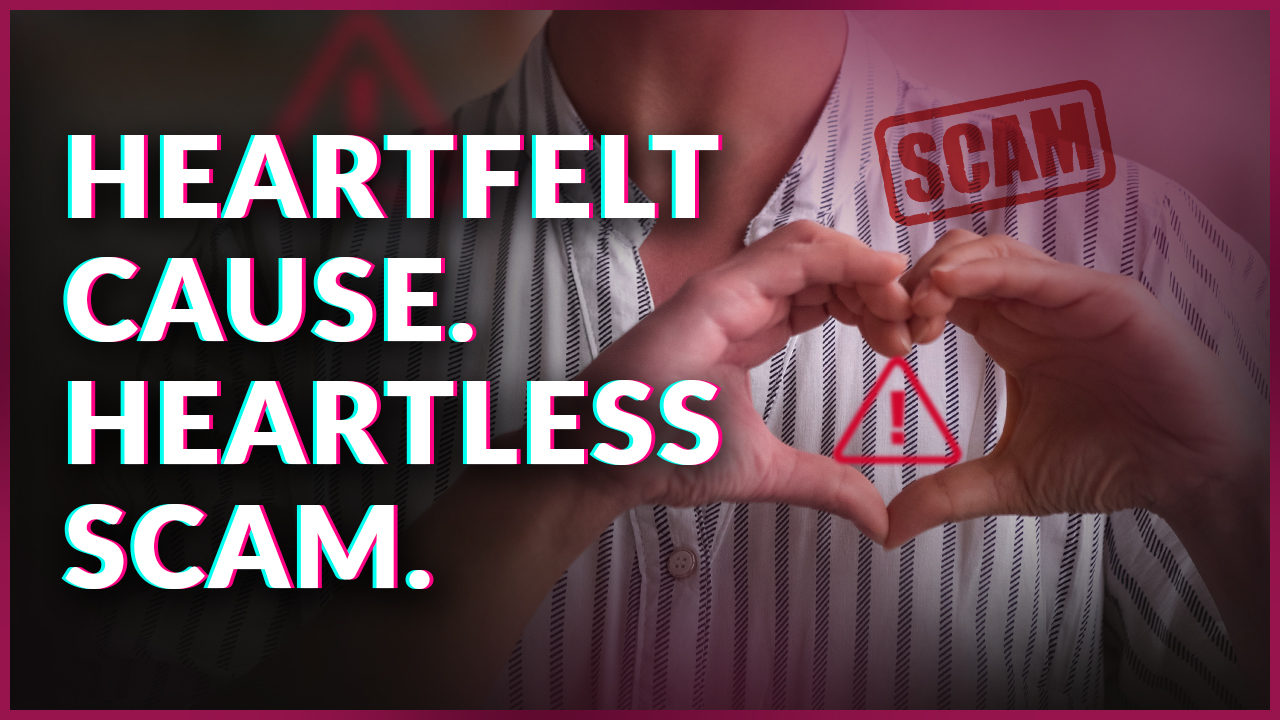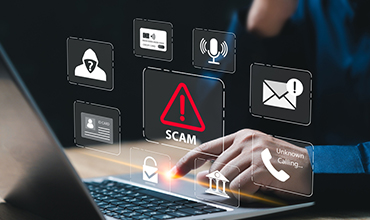I got a call from someone who said he was a ‘Senior Wealth Manager from a reputed investment firm’. He knew my name, city, and said he had an exclusive low-risk, high-return investment scheme only for select clients. He
shared a glossy brochure on one of the messaging apps, complete with charts, official logos, and even a proper ID badge. The offer was only valid for 24 hours, and I was told to act quickly to ‘secure my slot’. I was
also promised a return of 30% in a month. It sounded too good, but I didn’t want to miss out. I transferred ₹1 lakh. After that, there was complete silence. Calls stopped, the number was switched off, and the website I was
given disappeared. I realised I’d been scammed by professionals who knew exactly how to pressure and mislead people like me.
What to do:
- If someone pressures you to act immediately or says the offer is valid only for today,” it’s likely a scam. Always take time to verify.
- Visit www.mca.gov.in to verify the company's Corporate Identification Number (CIN). Also check for scheme registration
with SEBI, RBI, IRDAI, or PFRDA.
- Fake IDs and fancy presentations mean nothing without verified credentials. Scammers often use fake documents to appear legitimate.
- Look up unknown numbers on the Cyber Crime Portal. Many scam numbers have already been reported.
- Always discuss with a trusted family member, friend, or financial advisor before transferring money to unknown entities.
- If you've been targeted or duped, report it immediately to the National Cyber Crime Helpline (1930) or visit www.cybercrime.gov.in.
You can also flag suspicious messages on the Sanchar Saathi portal at www.sancharsaathi.gov.in.







